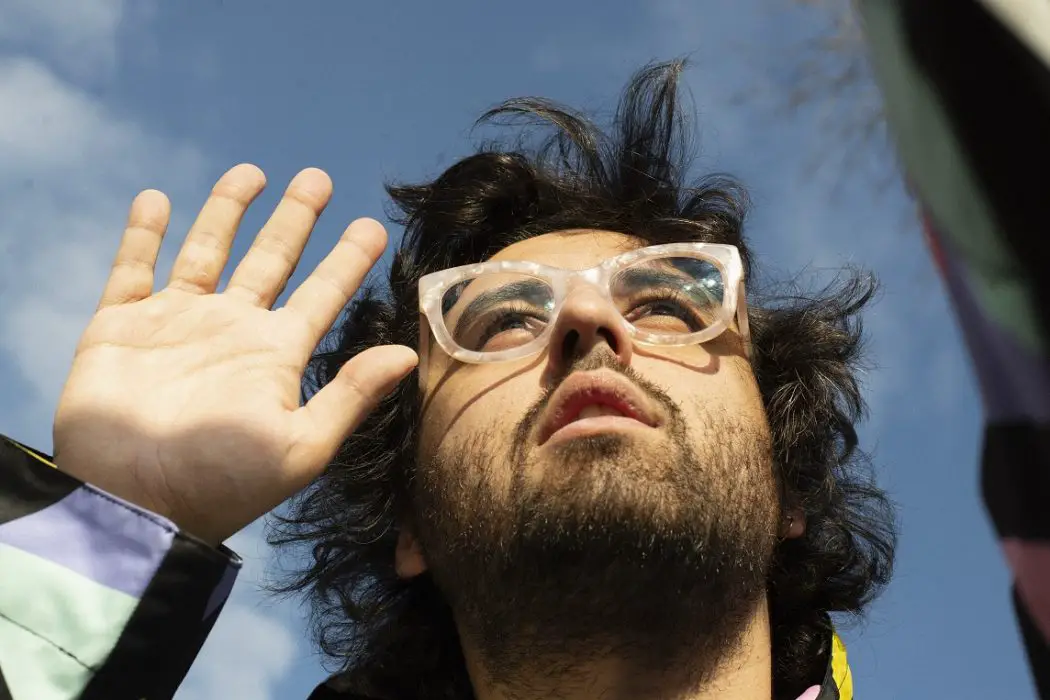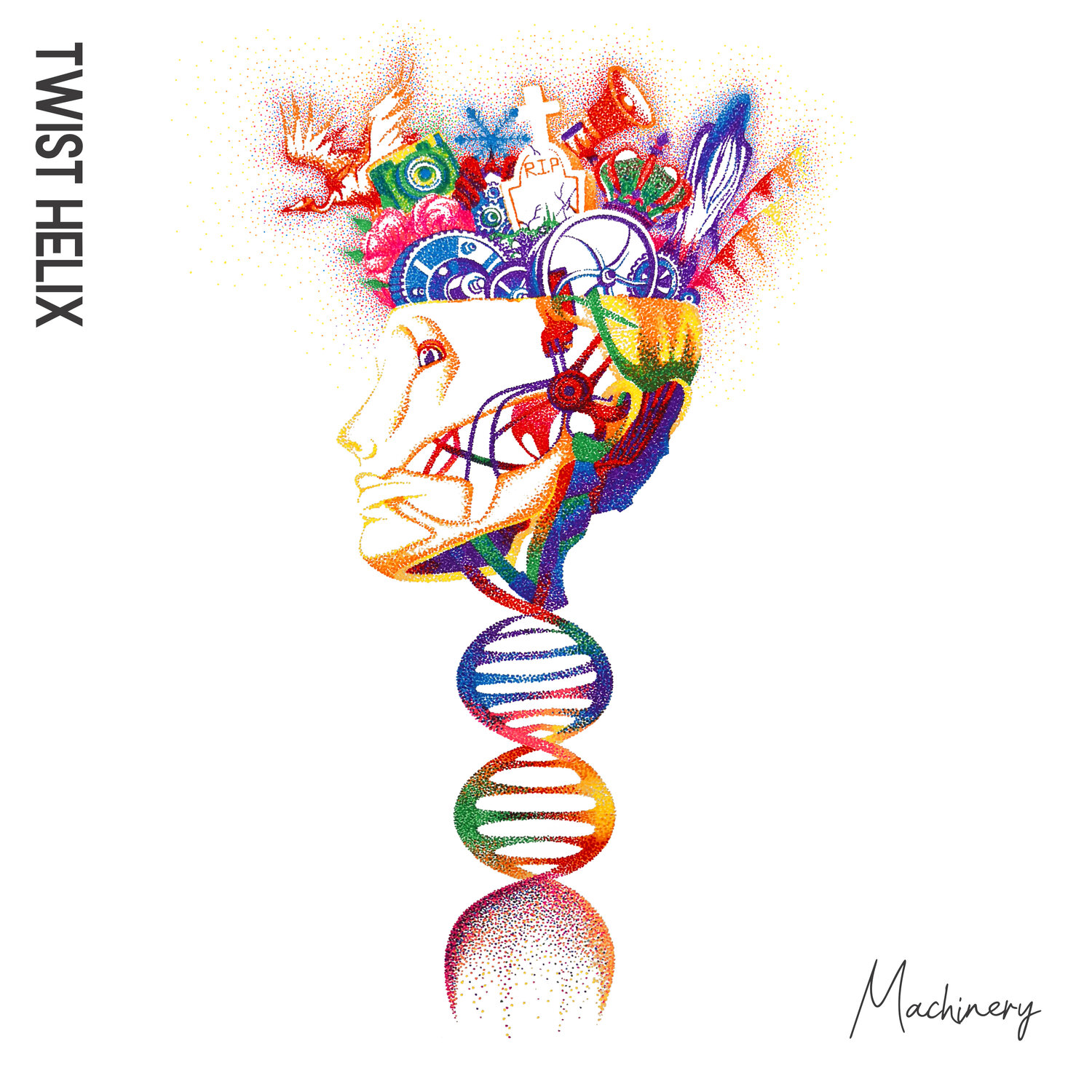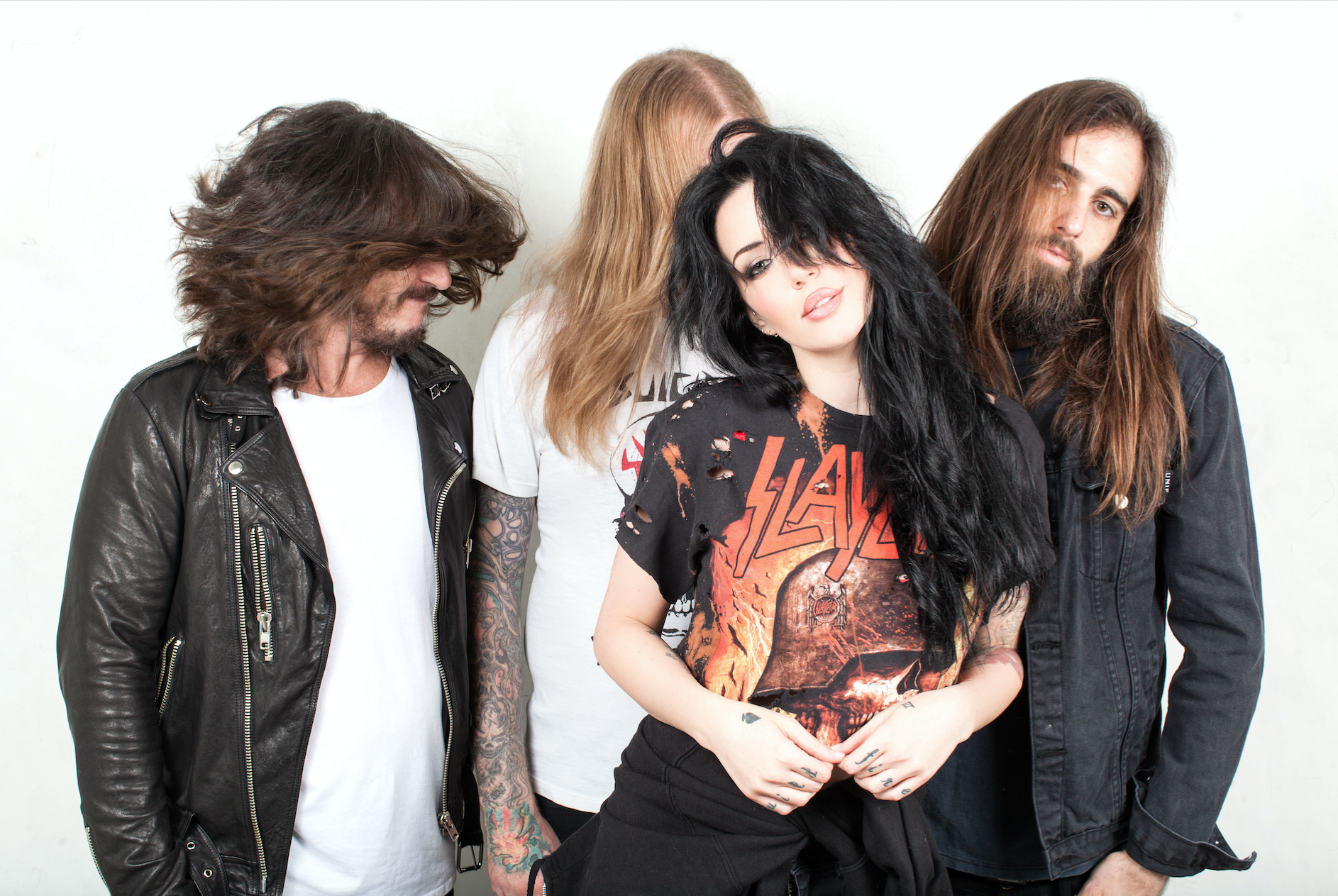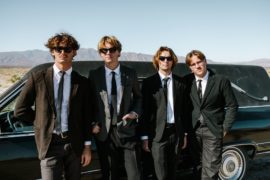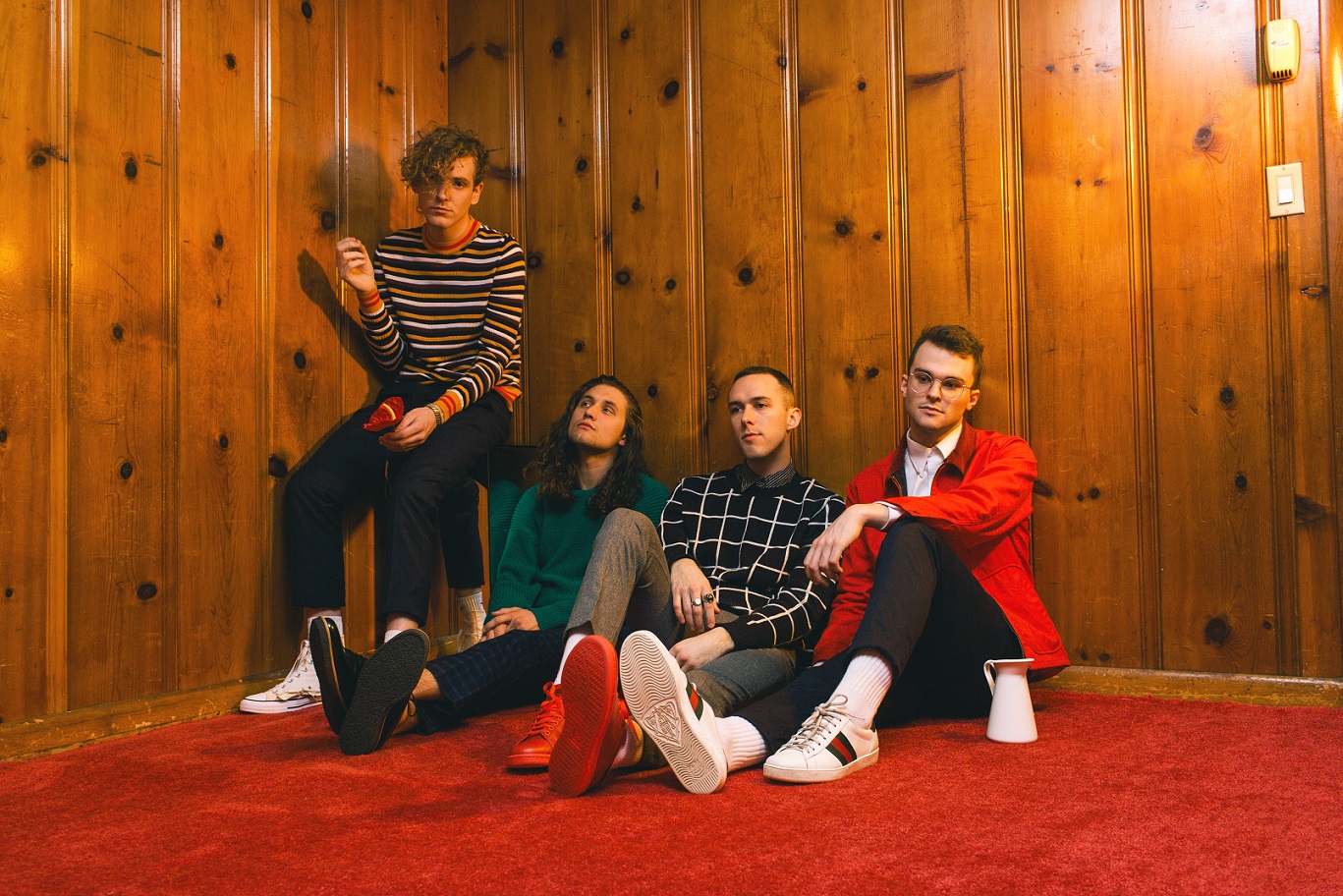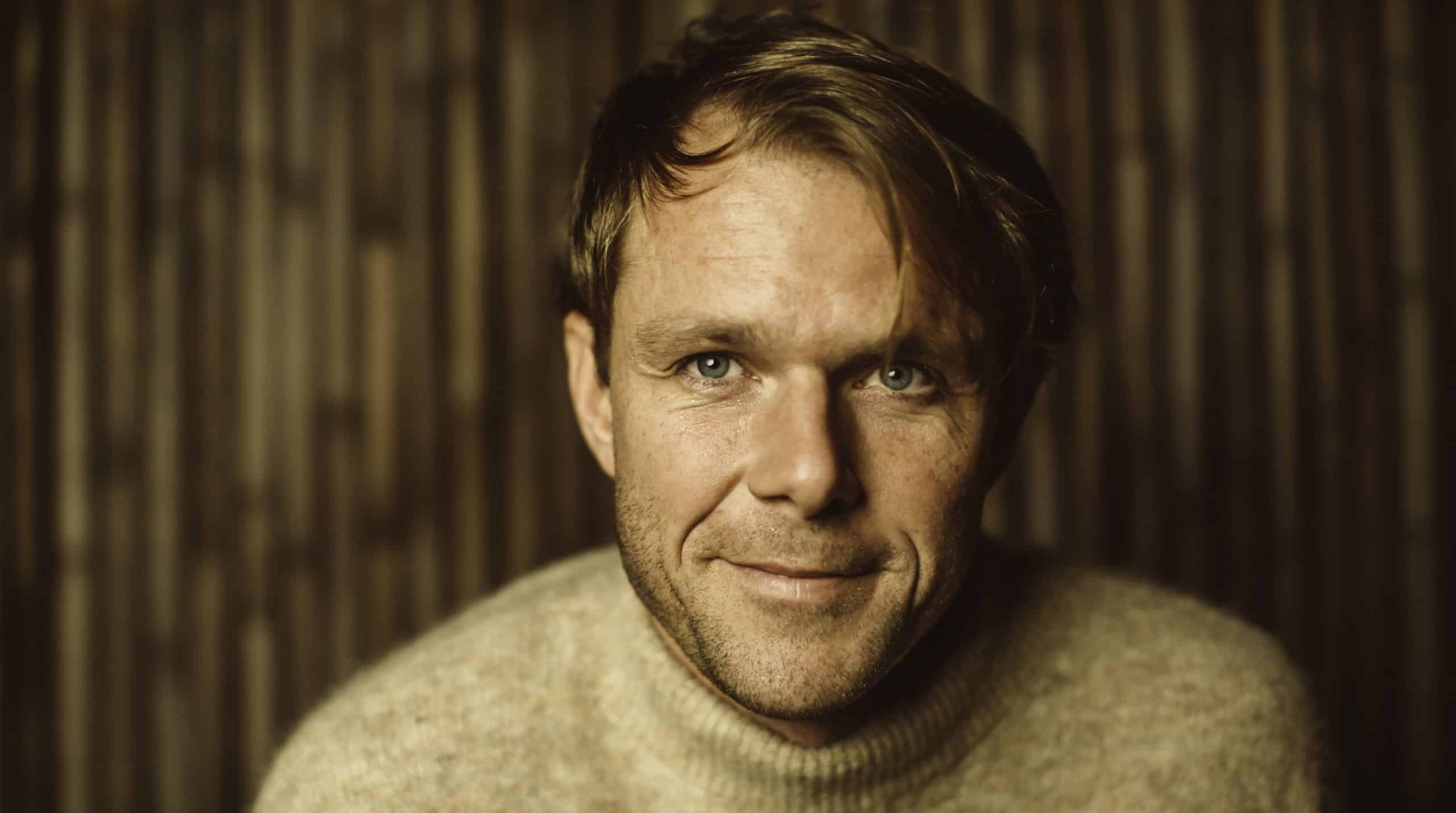Glassio’s Sam Rad speaks to Atwood Magazine about his “melancholy disco” sound, music production, New York City, and his new single “Are You Having Fun Without Me?”
“Are You Having Fun Without Me?” – Glassio
No one likes to be alone, in the wise words of Avril Lavigne. But when the occasion does arrive, it’s always better to at least have music around as some form of company. “Are You Having Fun Without Me?“, which its author Sam Rad describes as “a dance-pop track for lonely nights and long walks home at 3am,” may just be what does the trick under said circumstances.
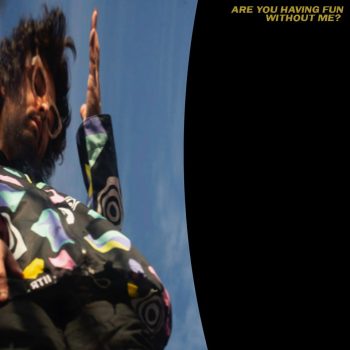
This song is only the latest release from the Irish-Iranian DJ who has spent the better part of the past decade operating across NYC’s musical landscape. While studying at the Tisch School at NYU, he and his classmate Charles Pinel decided to form a duo together called Glassio. They achieved their debut single, “Try Much Harder,” in 2016, and continued to produce indie pop together for some time.
The two have since parted ways but Glassio has endured as a solo project with Sam Rad at the steering wheel. Last year saw the release of his Age of Experience EP, and he continues to offer his services as both a producer and DJ for other indie artists, including Argonaut & Wasp, Madge, Sulene and Goldwash.
Glassio has launched itself into 2020 with “Are You Having Fun Without Me?” and is preparing a follow-up to Age of Experience as well. Sam Rad recently joined Atwood Magazine for a conversation about where his musical ambitions now lie at the dawn of a new decade.
My end goal is to make music that sounds like Crosby, Stills and Nash on ecstasy in Ibiza in the late ’80s.
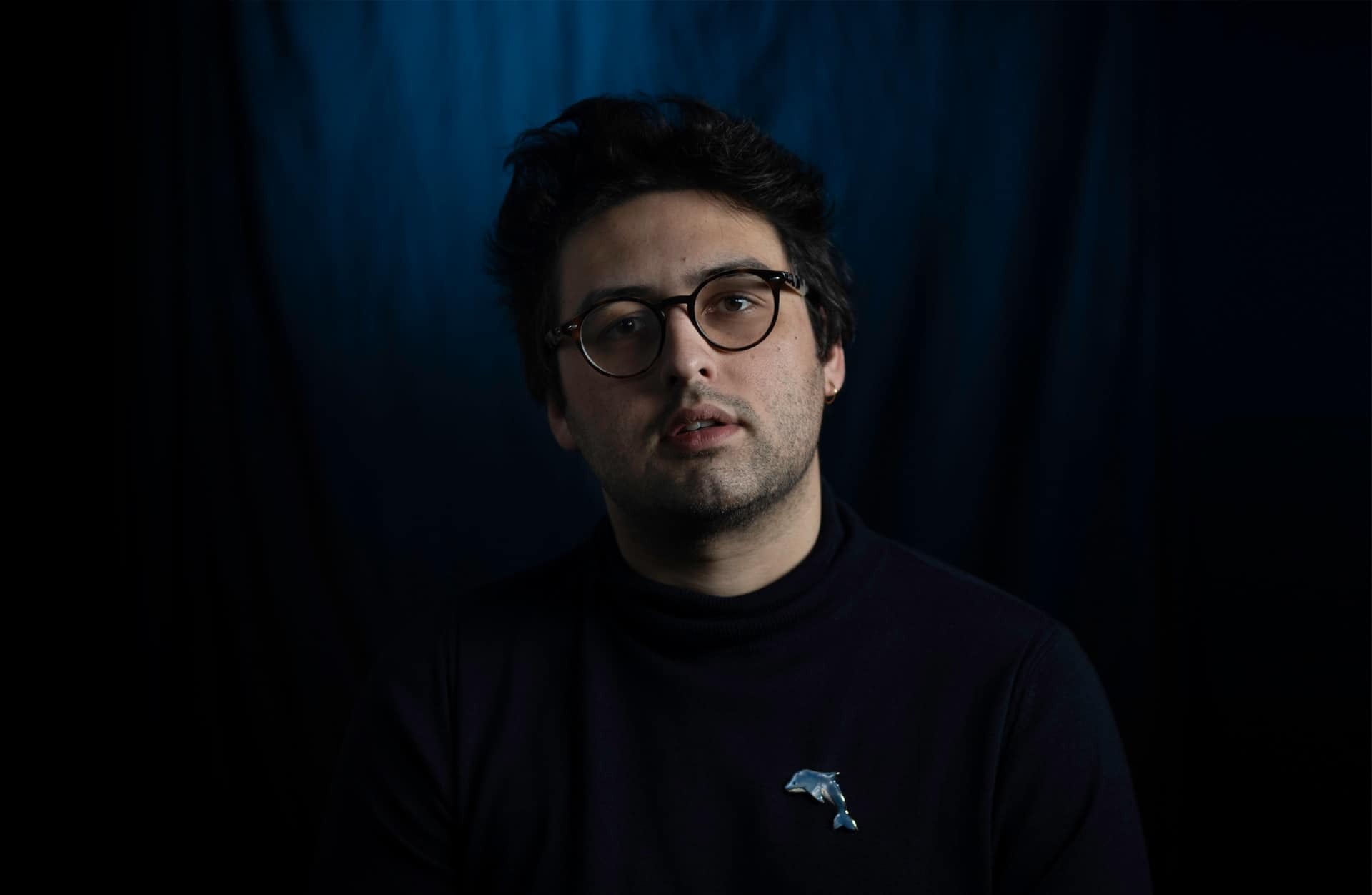
MEET GLASSIO
Atwood Magazine: You have Irish and Iranian heritage and are currently based in New York City. How would you say all three of these regions have combined to influence your musical persona and output?
Glassio: I think being Irish-Iranian has had subtle influences on the way I approach making music — I wouldn’t say that I go into working on a song trying to create a musical amalgam of the two. In my mind, both cultures share similarities musically. The melodic delivery in traditional Irish ballads has an ethereal, wavering quality that I often hear in traditional Persian music. My mother sang backup vocals in her school choir for Enya when she grew up in Dublin, so Enya was always playing at home when I was learning how to crawl/walk (I feel like Enya creates great music to learn how to crawl/walk to). I still listen to Enya pretty constantly; lot of my ambient, reverb choices are heavily inspired by her records.
Glassio: I used to live above a nightclub in Brooklyn that used to have free entrance each day for at least it’s first year of being open. So naturally, I’d work my way down there pretty often (especially when I wasn’t in the best of moods). There’s something very cathartic about dancing alone. Whenever I visit London, my absolute favorite thing to do is go to techno DJ sets by myself since I barely know anyone there into that sort of thing. I love dance music that layers itself with lyrics you can come back to after a third or fourth listen and only then realize the sadness behind some of the words. My music may not be overtly melancholy, but I sometimes like painting a picture of a genre in my head while I’m producing. “Melancholy-disco,” “hymnal-dance,” “lullaby-disco” are some that have circulated. It may not be the most accurate representation, but it’s a thought that has inspired some newer songs of mine. Glassio: When I’m producing my own work, I’m producing music I’ve written, arranged and performed myself. I’m coming from a much more intimate place so the “producer” in me almost takes the shape of a self-guidance book vs when I remix others, I have the freedom to choose how much of the other artist’s work I want to work with and build off of it. I always end up just using their vocals or maybe some small bits from the production, but layer up new sounds that feel like me. They both occupy the same space though— they’re like two twins that don’t really hang out much but get along at family dinners. Glassio: I started making music from a singer-songwriter background. I knew every Paul Simon solo album like the back of my hand before I entered high school —all I wanted to do was write songs like him. That first musical love never really leaves you and I think I still approach most of the music I make with that perspective of “I want to tell a story.” Electronic music gave me the confidence to do that and it took me a while to figure that out. Of all the genres I’ve made music under, I feel it’s been the best vessel for me. I remember listening to “O Superman” by Laurie Anderson when I was 18 and my life changing. At this point, my production and songwriting feel so hand in hand that it’s hard to take a track of mine to another producer. In it’s most basic form, it’s a genre that focuses a lot of attention on pounding sounds, rhythmic changes and an overall visceral objective. I want to add sweetness to the genre. My end goal is to make music that sounds like Crosby, Stills and Nash on ecstasy in Ibiza in the late ’80s. Glassio: That song came from a place where a lot of people around me were starting to move to LA. I had been here for 7 years, and was starting to feel dejected about where things had taken me. I was comparing myself at the time with the expectations I had set for myself when I was 18 — which is literally the worst thing you can do. I wanted that song to speak to people in New York that were maybe in my position: trying to figure out if they should stay or leave, if they hated their life here or loved it. I’m currently falling in love with the city again. It’s completely different from how it used to feel (so many DIY spaces have since shut) but there’s almost a desolate musical landscape here (in some regards, not all) that feels weirdly exciting. Glassio: I literally flipped a coin between this one and the other. I know it’s a lame response, but it was honestly a very epic coin toss and I’ve been uncontrollably superstitious lately. I dropped it from the third story of a building and went down to the street to witness the outcome. This song was loosely inspired by someone from my childhood that turned their back on me and members of my family. It’s a pretty personal release. I love my family dearly but we had a very unorthodox upbringing. A lot of ties were broken a long the way (sometimes mended) and we were moved between cities almost every year to two years for a period of time. My childhood was really defined more so by the friends I couldn’t keep vs the friends I made. I think that sentiment made it’s way into this one; however, I really want to keep this open ended for others’ experiences and not shut the iron curtain. I think it’s a pretty open ended song though. Glassio: This is off a larger body of work. Everything is completely new. I decided a year ago that I didn’t want to do the same old-same old of sourcing through unfinished ideas. A lot of the ideas that were unfinished weren’t really inspiring to me anymore. I had a lot I wanted to write about and started with a blank slate. I think my newer music is slightly less pop/polished than previous releases. I’m mixing most of the music myself — in no way am I the best mixer but I think I’m finding confidence in producing imperfect (on paper) mixes that speak more to the song than fitting a specific sound system. A lot of my newer music is much more song-oriented and I think it’s important that, as the songwriter, I mix the music too— for the sake of aural birthmarks. — — — — Disco is often thought of as upbeat party music à la Saturday Night Fever soundtrack. Yet you have advertised your music as melancholy disco. What significance do you see in re-purposing the genre in such a manner?
You describe yourself as both a producer and a remixer. How do these two titles compare? What lessons have you learned from both crafting music of your own and reconstructing other artist's work?
In what ways do you feel that, as one critic felt your early music demonstrated, “electronic music and great storytelling are a perfect match?”
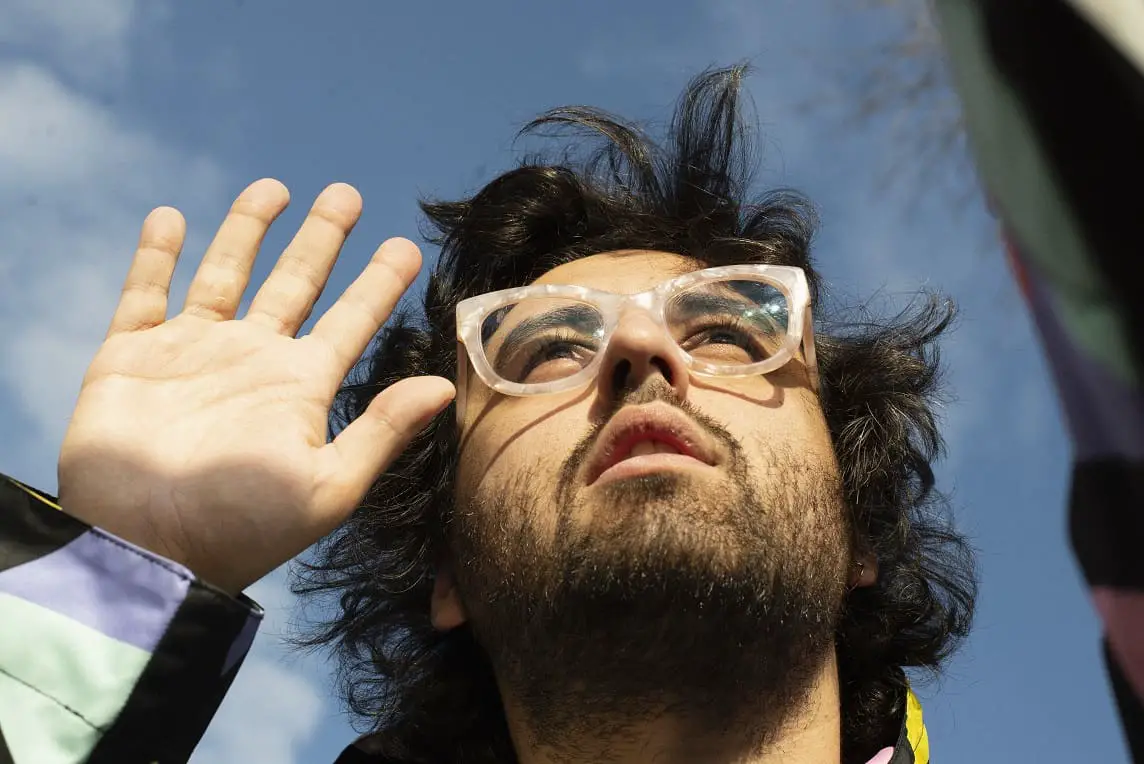
From Nas to Frank Sinatra, plenty of artists have taken us on personal tours of the New York City they know. What qualities of the city have you aimed at illustrating in your music, particularly on last year's ”New York, New York II”?
Let's talk about the new single, ”Are You Having Fun Without Me?” What made you select this track as the single with which to kick off 2020? What elements of your personal and musical identity are best highlighted by this latest release?
At the moment, you've released two primary EPs, Age of Experience and Poptimism. Will ”Are You Having Fun Without Me?” be part of a third EP? If so, how will your new music be an extension and/or departure from the themes you've explored in your first two releases?
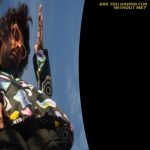
Connect to Glassio on
Facebook, Twitter, InstagramDiscover new music on Atwood Magazine
? © Katelyn Kopenhaver
:: Stream Glassio ::

